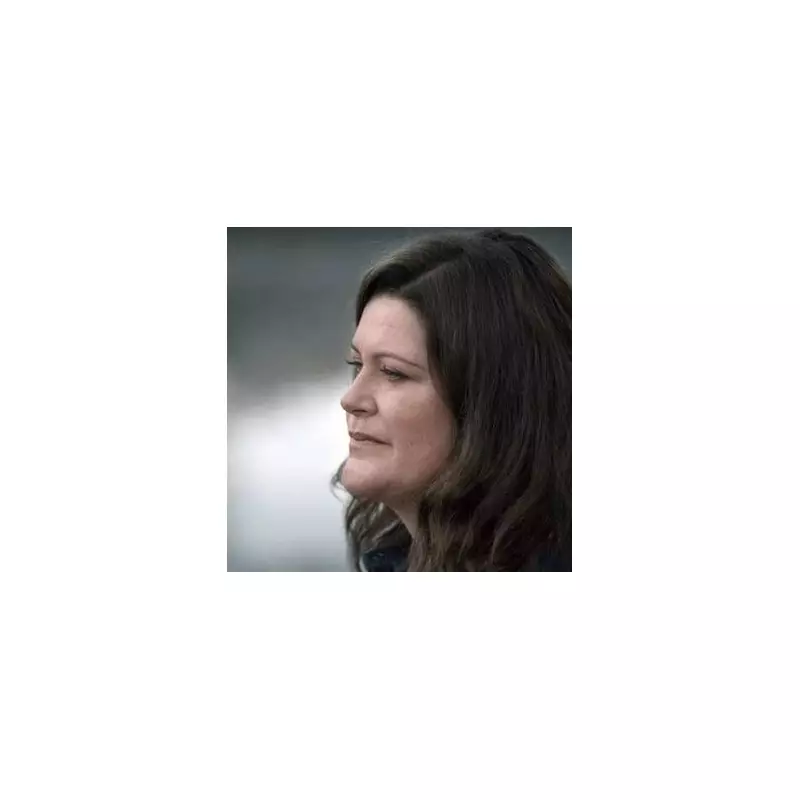
What began as a simple, nagging cold sensation spiralled into a medical nightmare for one woman, leading to a rare and life-changing diagnosis that few have ever heard of.
Chloe, a young woman from the UK, initially dismissed her constant feeling of a blocked and congested nose. Like many, she assumed it was a persistent cold or allergy. But when standard treatments failed to provide relief, her journey into the unknown depths of a rare medical condition began.
A Search for Answers Leads to Surgery
After countless doctor visits, specialists suggested a turbinate reduction surgery—a common procedure intended to improve nasal airflow. Hopeful for a solution, Chloe underwent the operation, expecting it to be the end of her discomfort.
Instead, the outcome was the opposite of what was promised. "I woke up and I could no longer feel the air going into my nose," she recounted. The surgery had left her with a devastating and paradoxical sensation: a constantly dry, suffocating feeling despite her airways being physically clear.
The Devastating Diagnosis: Empty Nose Syndrome
After months of anguish and misdiagnoses, Chloe finally discovered the name for her suffering: Empty Nose Syndrome (ENS). A rare and often iatrogenic condition (caused by medical treatment), ENS occurs when too much nasal tissue is removed during surgery, disrupting the nose's delicate functions.
"It's like your nose is there but it's not there. You can't feel yourself breathing," she explained, describing the profound psychological and physical toll. The condition has been described by some sufferers as a form of living suffocation.
Life After Diagnosis: A New Reality
Chloe's life has been irrevocably altered. Simple pleasures like smelling food, feeling a breeze, or even taking a deep breath are now distant memories. She now relies on constant humidification and copious amounts of saline spray to manage her debilitating symptoms.
Her story serves as a stark warning about the importance of understanding the potential risks of even common surgical procedures. She advocates fiercely for greater awareness of ENS among both patients and ENT specialists, hoping to prevent others from experiencing her fate.
"I want to raise awareness so that no one else has to go through this," she stated, determined to turn her personal tragedy into a force for change and education in the medical community.





